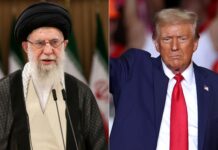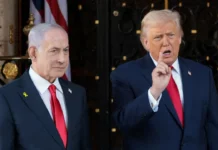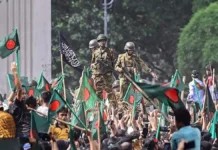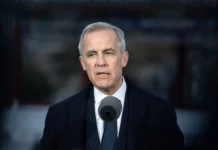 ISLAMABAD: India and Pakistan today finalized the terms of reference for a judicial commission expected to visit India to gather evidence on the 2008 Mumbai terror attacks after talks held over the past five days.
ISLAMABAD: India and Pakistan today finalized the terms of reference for a judicial commission expected to visit India to gather evidence on the 2008 Mumbai terror attacks after talks held over the past five days.
An agreement on the visit of the second Pakistani judicial commission to Mumbai was finalized this evening following several rounds of discussions on complex technical and legal issues, official sources told PTI.
The talks began on Thursday after a four-member Indian team, including legal experts from the Home and External Affairs Ministries, arrived in Islamabad.
The two sides reached an agreement following protracted discussions on the terms of reference.
However, the Indian side continued to have some concerns that were formally conveyed to Pakistani officials, the sources said without giving details.
The Indian side formally conveyed to the Pakistani officials that in the case of countries like India and Pakistan, which do not have a mutual legal assistance treaty, an executive agreement between the two governments would take precedence over local laws, the sources said.
The sources further said it would take some more time to finalize the visit of the Pakistani commission.
First, permission for the visit would have to be sought from the Bombay High Court.
Subsequently, permission would have to be sought from the Pakistani anti-terrorism court conducting the trial of suspects charged with involvement in the Mumbai attacks.
The Indian team was earlier scheduled to return on Saturday at the conclusion of two-day talks with a Pakistani team that included prosecutors from the Federal Investigation Agency and officials of the Interior Ministry and National Crisis Management Cell. . Three members of the delegation returned yesterday and a Joint Secretary from the Home Ministry stayed behind for further discussions.
The sources said the two sides discussed a number of complex issues.
The Pakistani commission will cross-examine four Indian witnesses in Mumbai, including the police officer who led the probe into the Mumbai attacks, the magistrate who recorded lone surviving attacker Ajmal Kasab’s confession and two doctors who conducted autopsies of terrorists killed in the attacks.
The two sides also looked at the possibility that the commission might have to interview other witnesses to corroborate information given by the four witnesses, the sources said.
Besides, once New Delhi grants permission to cross-examine the four witnesses, Islamabad will be expected to reciprocate by granting access to Pakistani suspects for an Indian judicial commission that is expected to visit the country at a later stage.
The Indian side also wanted some sort of assurance from Pakistani authorities that the findings of the second judicial commission would not be summarily rejected by the anti-terrorism court that is conducting the trial of seven men charged with involvement in the Mumbai attacks.
Lashkar-e-Taiba operations commander Zakiur Rehman Lakhvi is among those charged with planning, financing and executing the attacks that killed 166 people in November 2008.
The findings of the first Pakistani judicial commission that visited India in March were rejected by the anti-terrorism court as the panel’s members were not allowed to cross-examine the Indian witnesses.
The trial of the Pakistani suspects has made little or no headway for months due to various technical and legal issues.
The Lahore High Court has barred the anti-terrorism court from using Kasab’s confession while defense lawyers have contended that existing Pakistani laws do not allow witnesses in another country to depose via video conferencing.






